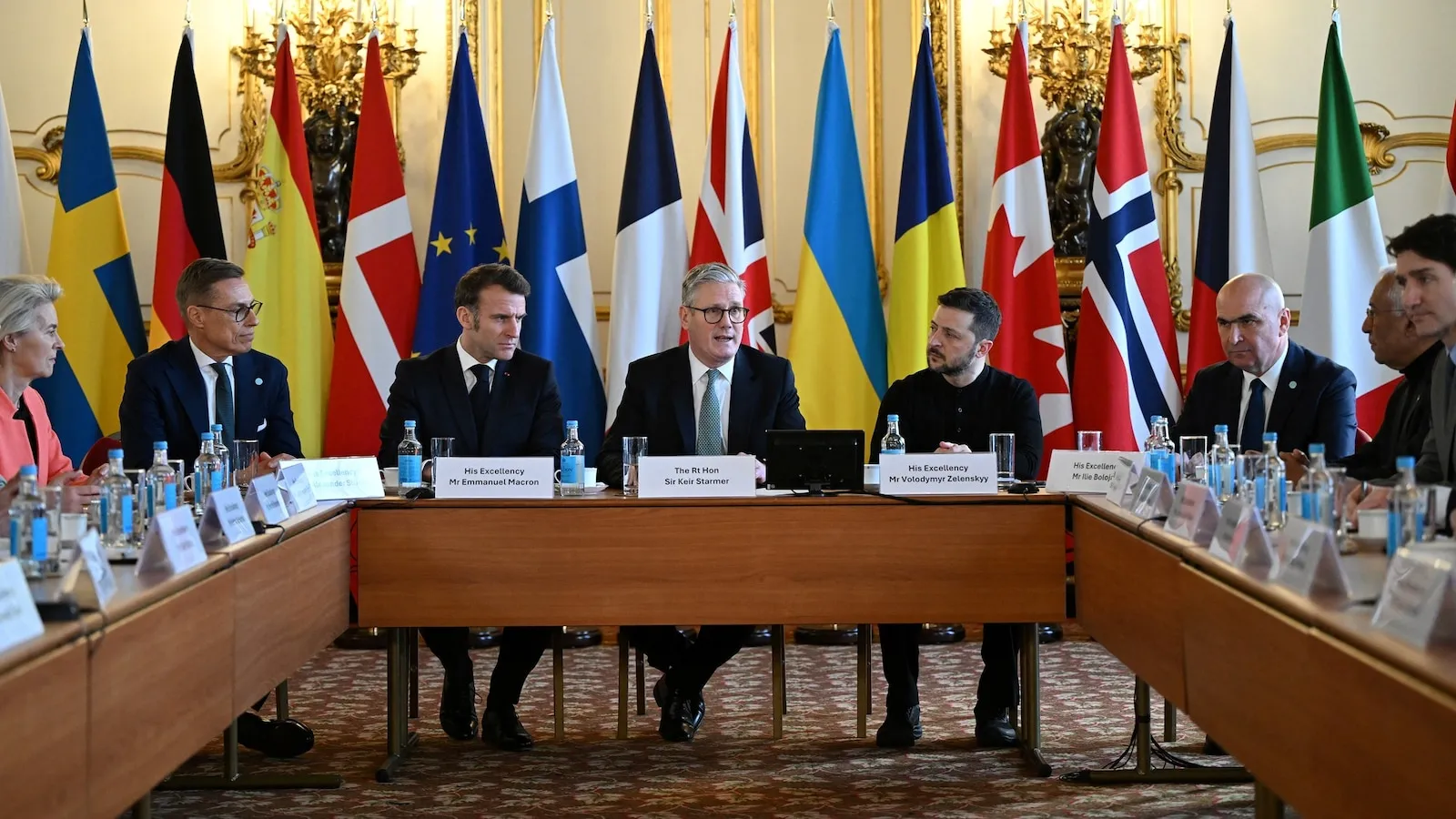Tech
AI Safety Summit in London: Global Leaders Debate Responsible Innovation

London took centre stage in the global technology conversation this week as world leaders, industry executives, and AI researchers gathered for the highly anticipated AI Safety Summit 2025. The conference, hosted by the UK government, focused on how nations can balance the rapid progress of artificial intelligence with the urgent need for ethical oversight and safety standards. Representatives from more than 40 countries, including the United States, China, Japan, and members of the European Union, participated in the event, marking it as one of the most comprehensive international gatherings on AI governance to date.
A Platform for Global Collaboration
The AI Safety Summit underscored the UK’s growing ambition to serve as a global hub for technology policy and innovation ethics. The event built upon the success of the first summit held in 2023 at Bletchley Park, which laid the groundwork for international dialogue on AI regulation. This year’s discussions were broader and more technical, focusing not only on frontier AI models but also on the real-world applications of machine learning across healthcare, finance, defence, and education.
Prime Minister Rishi Sunak opened the summit by emphasising that global cooperation is essential for building public trust in AI. He stated that innovation should not come at the expense of safety or accountability and that governments must ensure that technology remains a force for public good. His message resonated strongly with both policymakers and business leaders. Senior representatives from major technology companies, including OpenAI, Google DeepMind, Anthropic, and Microsoft, joined regulators and academics in workshops examining AI transparency, cybersecurity, and responsible deployment.
Experts from Wired UK and BBC Technology highlighted how the summit has evolved into a vital platform for reconciling national interests with collective responsibility. While the United States and European Union remain focused on risk assessment and regulation, Asian countries are emphasising innovation-friendly frameworks. The UK is positioning itself between these approaches, promoting what officials describe as “pro-innovation regulation with accountability.”
Key Debates: Regulation, Risk, and Responsibility
Central to the discussions was the question of how to regulate rapidly advancing AI models without stifling innovation. Delegates debated the feasibility of developing a global framework that defines safety standards and data governance principles. A consensus emerged that transparency, particularly in high-risk AI systems such as autonomous weapons and deepfake generation, must be a priority.
One of the summit’s headline outcomes was the announcement of an expanded international working group to oversee “frontier AI risk research.” The initiative will coordinate between governments, academic institutions, and private firms to identify and mitigate threats from highly capable AI systems. Participants also agreed on increasing funding for AI safety research and improving data-sharing protocols across borders.
In addition to technical regulation, the conference addressed social and ethical challenges. Delegates discussed the impact of AI on employment, privacy, and inequality. Representatives from developing countries urged wealthier nations to ensure that global AI frameworks do not marginalise smaller economies or restrict their access to emerging technologies. This appeal reflected a growing understanding that AI’s risks and rewards must be distributed fairly across nations.
The UK’s Leadership Role in AI Governance
Hosting the summit in London reinforced the UK’s strategic goal of positioning itself as a leader in AI ethics and policy. The government has invested heavily in research centres focused on AI safety, including the Frontier AI Taskforce, which has been collaborating with both domestic and international experts. Britain’s regulatory approach aims to encourage innovation while maintaining public oversight, distinguishing it from the more rigid frameworks being developed in Brussels or Washington.
Industry observers note that this balanced approach is beginning to attract global recognition. The London summit’s emphasis on transparency, accountability, and collaborative regulation suggests that the UK could play a convening role in shaping the next generation of global AI standards.
Conclusion
The AI Safety Summit 2025 in London has reaffirmed the growing consensus that artificial intelligence must be developed and deployed responsibly. The discussions reflected both optimism about AI’s transformative potential and concern about its societal and ethical implications. While differences remain over regulatory approaches, the summit highlighted a shared understanding among world leaders that cooperation, rather than competition, is essential to ensure AI benefits humanity as a whole.
For the UK, the event was more than a diplomatic success, it marked its emergence as a serious player in global technology governance. As new working groups and research initiatives begin their work, London’s leadership in the conversation about safe and ethical AI development seems set to continue. The summit demonstrated that the path forward lies not in limiting innovation but in ensuring that progress aligns with shared human values.














